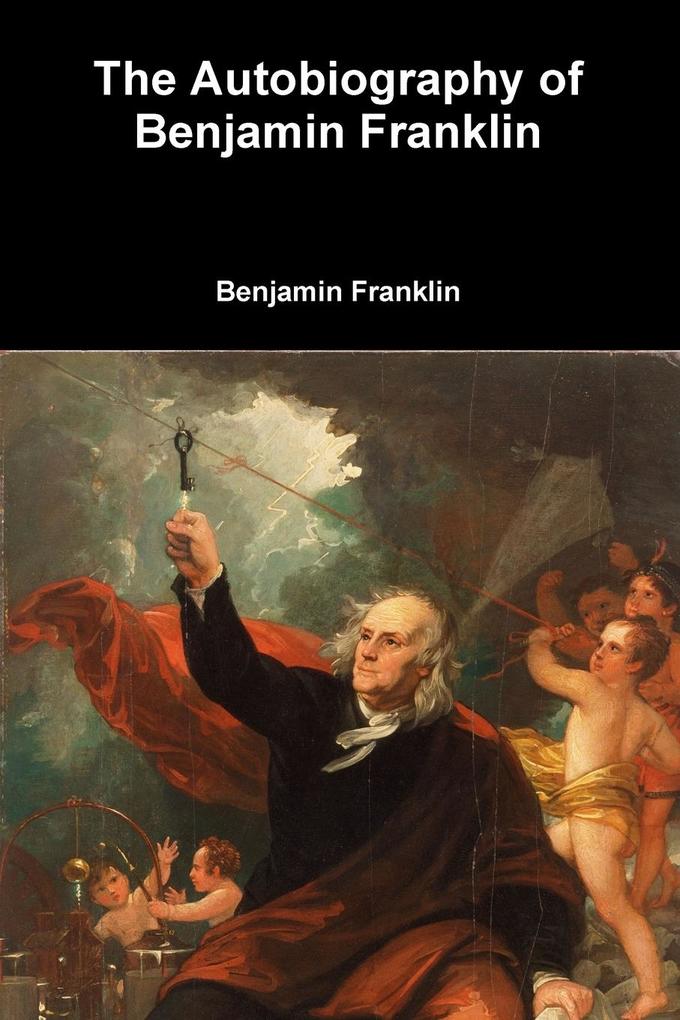
Zustellung: Mo, 17.03. - Do, 20.03.
Versand in 6 Tagen
VersandkostenfreiBestellen & in Filiale abholen:
Often labeled 'the world's first self-help book,' founding father Benjamin Franklin's autobiography was never published in his lifetime but has since become a classic. It has remained in print for almost two hundred years and shows no sign of losing popularity in the digital age.
Mehr aus dieser Reihe
Produktdetails
Erscheinungsdatum
03. Juni 2017
Sprache
englisch
Seitenanzahl
124
Reihe
Dover Thrift Editions: American History
Autor/Autorin
Benjamin Franklin
Verlag/Hersteller
Produktart
kartoniert
Gewicht
192 g
Größe (L/B/H)
229/152/7 mm
ISBN
9781387015320
Entdecken Sie mehr
Bewertungen
0 Bewertungen
Es wurden noch keine Bewertungen abgegeben. Schreiben Sie die erste Bewertung zu "The Autobiography of Benjamin Franklin" und helfen Sie damit anderen bei der Kaufentscheidung.



















